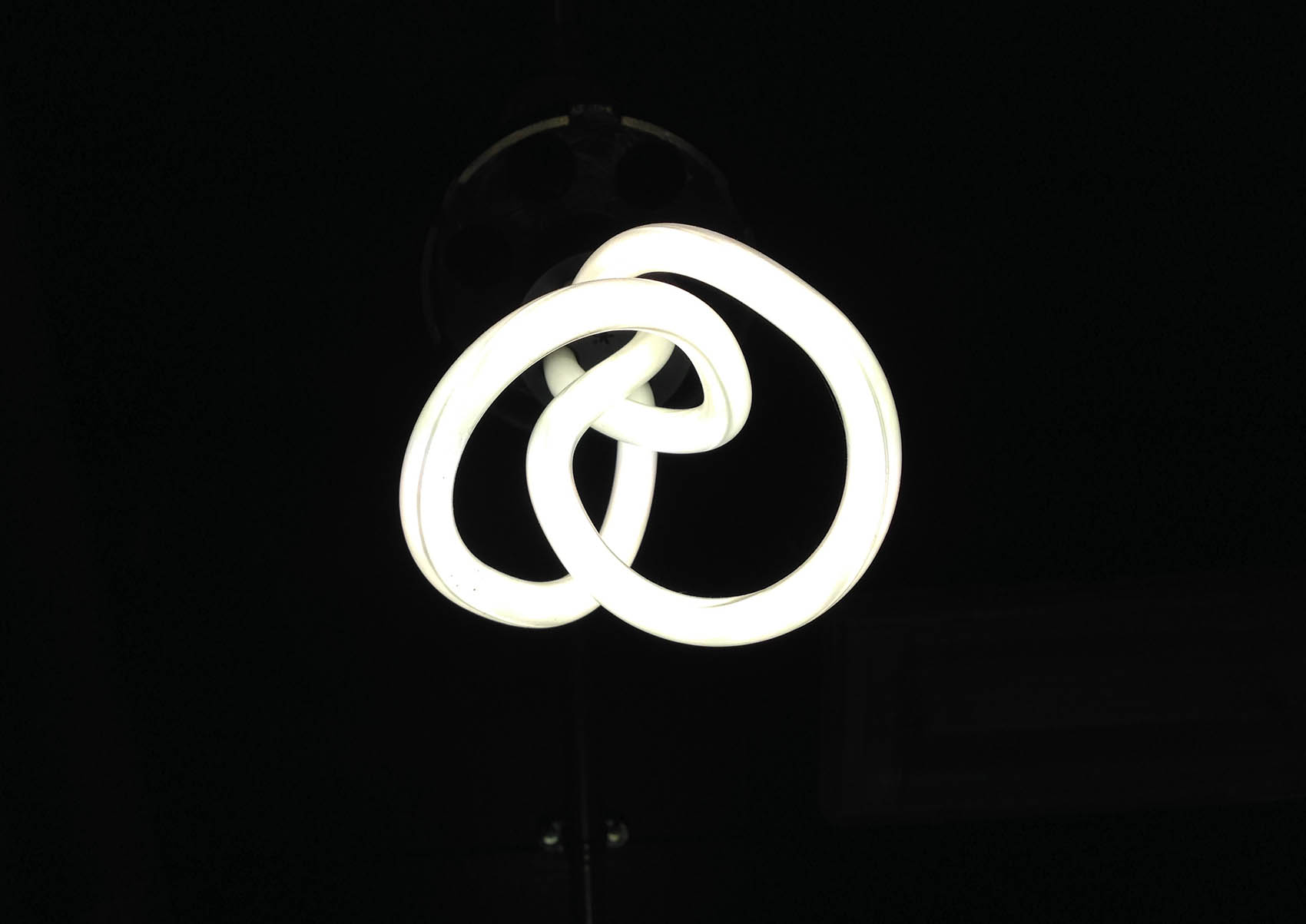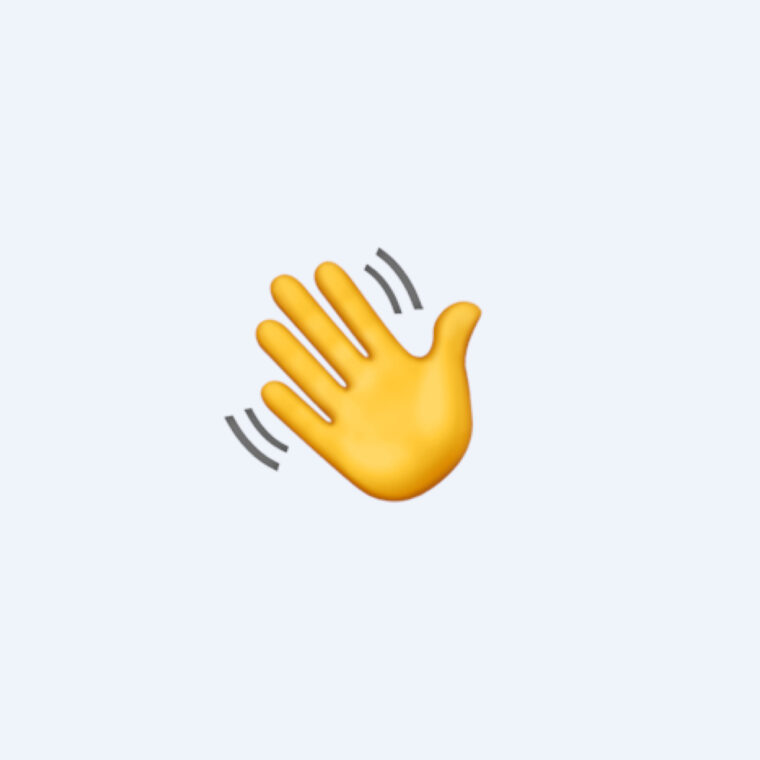
Do you ever wonder what the next five years of your career will look like?
Duh, right?
I do, too. And I think a lot of my fellow female entrepreneur friends do as well. This has been on my mind a lot lately, as I approach the 6 year mark of running my studio. Unsurprisingly, like any line of work, 6 years of doing something is enough time that you develop an itch to do something else. At a traditional day job*, maybe you’d seek out a promotion (if you hadn’t gotten one already). Maybe you’d change companies, or change divisions, or apply all the skills you’d learned to a new industry.
With freelancing you can do all that too, in theory, because sure, your work life is flexible. But despite appearances, I think it’s harder for freelancers in the midlife stage of their businesses to shift as quickly. And I’d guess it’s painful even harder to entertain the notion of returning to a traditional desk job*. Which makes the question of how we direct our careers a little trickier sometimes.
Here’s what’s got me thinking about all this:

I’m part of a huge group of women who found blogging in the late aughts and early 2010s, and have used this amazing digital vehicle to explore and launch all kinds of careers — as influencers, artists, designers, shopkeepers, photographers, authors, consultants…the list really goes on. In the days when blogs were just beginning to take off, it truly felt like a new frontier. A place to pioneer (and engineer) a dream job, where passion, profit, and career could all happily ride off into the sunset. We could write our own stories — literally and figuratively — and not be handcuffed to a traditional career trajectory. It felt like freedom. Finding a huge community of people (coworkers, really) who loved the same things as you was just the icing on the cake.
The digital community has continued to evolve, and it’s been unreal to see the success and vision of so many of my peers. I’ve often thought about how I’ll be able to look back in my old age and feel like I was part of something truly revolutionary.
And yet.
Here we all are, 5, 6, 7 years in (more for some!), and for me at least, while I still enjoy my work, it certainly feels less exotic than it did in the days when I had recently departed cubicle life. I know from first hand experience (and corroborating testimonials from friends and clients) that small biz life is a fucking grind. For me personally, I’ve been so blessed to have a growing business, but the flip side is increased client and project management, among many other things. Despite utilizing some fantastic resources to keep my life and business on track, some days I feel like I can’t fit another shred of information into my head, much less spend time on personal creative projects (hi, blog posts).

It’s a grass is greener thing for many of my clients too. Blogging and the industry around social media influence can generate significant amounts of revenue, for example, but hot damn if it doesn’t require you to be “on” and documenting all. the. time. It’s exhausting. It’s no wonder that some of the most successful influencers hire teams of people to manage content, business opportunities, operations, and diversify revenue streams into things like product lines. It’s a way to grow a business, sure, but I also suspect that long term, it’s a way to get part of your life back. But no matter their industry, not all small biz owners will be in the position to hire a big team of people and expand their business to that size. Some won’t even want to (I’m somewhere in the middle, where I vacillate between feeling like I need help a lot of the time, but also like flying solo and feeling nimble).
So as we transition into the mid-life of our businesses, I wonder what the next stage looks like, and more importantly, how to get there without a big team of people and while accommodating all the life that is happening in between. I think about this for myself; I’ve also been thinking about it in the broader context of all my peers. Sometimes I wonder if we’ll all work for ourselves forever, or will eventually return to the security and predictability of a desk job.
I don’t mean that in a dismissive, or pessimistic way. I say that from a place of knowing — this shit can be hard. It’s tough to grind it out year after year, especially if you are a solopreneur. Every decision carries so much more weight, and since it’s just you, taking time to nurture one thing means depriving another thing of your focus. You take vacations, but you’re never really fully away. If you want to shift focus, or change your revenue streams, or spend time on other projects, everything comes at the expense of something else. I fully understand why freelancer friends who have had kids in the midst of all this express how overwhelmed they feel. It’s tough doing it with a two person family; adding a little one to the mix and trying to balance all that is a huge undertaking. Man, women are badasses.
Last week I was talking to a freelancer friend who launched her biz around the same time as me, and she said, “I used to feel so energized, and so accomplished with my work, and now I think, ugh, it’s Monday again. What am I doing? When did this start to feel like a job?”

I write this not to discourage anyone from ever pursuing working for themselves, because it is one of the most rewarding things you can ever do, and I’d do it all over again in a heartbeat. Instead, I write this as an open discussion with anyone who finds themselves wondering what’s next in their careers. Specifically:
What’s your short term and long term plan?
Do you have an exit strategy, and do you think one is necessary with your current business or line of work?
If you own your own business, do you worry about how to transition and grow your career down the line?
And, regardless of whether you work for yourself or a huge company, I wonder how you approach “shaking things up” and staying challenged.
To that last point, I used to pursue activities outside of work to continue learning and feeling challenged; now, the idea of adding more to my calendar is pretty laughable. I’ll be honest, I’m not totally sure how I’ll reconfigure my life in the event we have a child or I want to, say, take French lessons again (not that the two are at all equitable in their time commitment, but both would require time and space). Since I’m being honest and on the topic, I have this crazy idea to write a book, but at present am trying to figure out how to carve out space for that in my life, too. Simultaneously, I’m proud to have built a small business to this point, and it feels pleasantly ironic that I’m at “square one” within the foundation of my own house, wondering which brick to lay next. Though maybe it’s not the foundation — it’s the second floor.
Throughout all this pondering, one thing I keep coming back to is that I have zero intention of trying to find a desk job. Some days I’ll daydream about it and all the trappings that come with it — better health insurance, clear start/end times, maternity leave, a team that can pinch hit for me when I’m out of the office — but there’s really no part of me that wants to go back to a regular office environment. So instead I find myself wondering how I’ll direct the next few years of work. Commence asking myself all the bulleted questions above.
There are so many essays out there for people at the beginning stages of small biz ownership and freelancing, but fewer discussions for those of us in the midlife stage of a biz. So for those of you who can relate, I would love to hear from you — whether you run your own shop or work a “traditional” day job — as to how you strategize and direct your career trajectory. For entrepreneurs/solopreneurs who are 5 or more years in, I’d love to know how you’re laying groundwork now for the next 5 years of your businesses, and what your goals are at present. Lay it on me in the comments.
//
*PS – I hope you guys know, “traditional day job” or “traditional desk job” are not meant pejoratively! For the purposes of this essay, I just mean a job as most of us thought about them when we were thinking about what we wanted to do when we grew up. Basically, the place you go everyday that also sends you a W2 every tax year. You knew what I meant, right?









Career has always been my biggest struggle. I’m a teacher & while I’m enjoying it now I also am not sure I’ll be in the classroom for 30 years. I do have the benefit of figuring it out as I go, as I’ve taken on a new role that literally came up a month ago but will change my daily job a lot. That’s definitely a plus of having the job security in a traditional space- that I don’t have to have a master plan necessarily.
I also have gone through a few years of being really discontent at work. I had my first kid & that transition made me just not enjoy my job as I wanted to be at home or I was too tired to care. I also was blogging then & really had envy over bloggers who had made a career of it or because of it. It took me a couple of years (& quitting my blog) to realize that it was a lifestyle that was not at all for me – even doing it at my level I was exhausted by it!
I can only commiserate and say, “You’re right, the grass is always greener on the other side.” You talk about traditional jobs as those you aspired to when you were young, but how many people really grew up wanting to be the insurance, finance, healthcare IT, and other great, but somewhat lackluster industries? Maybe some, but not the majority. Some people start off with ambitions and dreams of being in creative fields and take their first job in one of aforementioned industries, thinking they will do it a year, or two at most. Then 5-7 years later, either a child, comfort, or fear made them choose to stay put. If it makes you feel any better, we in “traditional day or desk” jobs, feel the dread of stagnation, and pressure of competition and the pressure to be “on,” constantly too. You work with teams in different time zone and often in IT across the world, leading to conference calls and communications before 6 a.m. and after 11 p.m. regularly. When you take vacation there is so much preparation to ensure continuity of service to clients and projects, and this ‘team,’ who supports you, sometimes you have to worry about what kind of picture they paint to management or clients in your absence. It’s very competitive and an absence is often the perfect opportunity for someone seeking promotion to outline to leadership, how they would have done or handled your work better. That’s not in all cases, and it’s not meant to paint a bad picture of traditional jobs. I mention it because it’s something I’ve discussed with colleagues privately, and to be vulnerable and honest here. I mention this to let you know you’re not alone, and we all worry about what’s next. Us non- entrepreneurs consistently try to take inventory of what kinds of tasks we enjoy most, and figure out how to do more of that and less of the work we either dislike or don’t feel we’re good at. We’re told to find mentors or sponsors – and sometimes that’s difficult. We’re told to create our own job description if the ones available don’t fit – and it takes persistence, patience, lots of hard work and a little luck to get leadership and HR to listen. I would say you have one advantage, you have the platform to try new things and showcase your work. For example, if you want to try your hand at design, you write about the work of those you admire, style rooms in your home and post photos, volunteer to do it for friends for free and post that content, etc…you get the picture. Sometimes those in traditional jobs find that more difficult to get opportunities to try something new, so they don’t develop the skills, or confidence or even the self-awareness to articulate their likes and interests in career. Maybe you should write a book . I love your writing, and while it’s excellent to plan, stay flexible, it’s not easy to identify and commit to what you want in 5 years. What you find important, and the paths to obtain it are always in flux.
V, this was such a great read and it helped hammer out some of my own thoughts. I actually feel the exact same way. I’ve dreamed of having a corporate job again just for all the reasons you’ve listed… but I could fathom being tied down in that way either. Working as the owner/operator of a creative biz that pays the bills, and pays them well (we both live in extremely expensive cities) is very stressful. Balancing it all, keeping clients happy, staying profitable, it all takes a toll on us, and sometimes in a not so healthy way. I’m enthering my fifth year, and now that I’ve built a brand, am looking for ways to diversify my revenue streams so time worked doesn’t always = money… however, as you said, how can I find the time to even do that?! It’s important though, so I will have to prioritize. Thanks so much for writing this and understanding me!!! Still love your blog after all these years ?